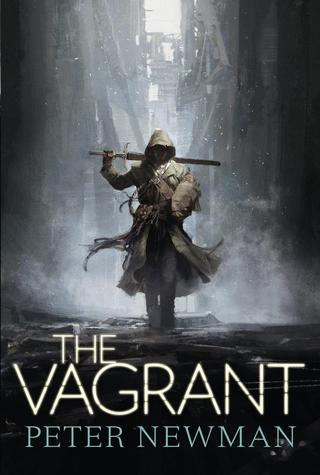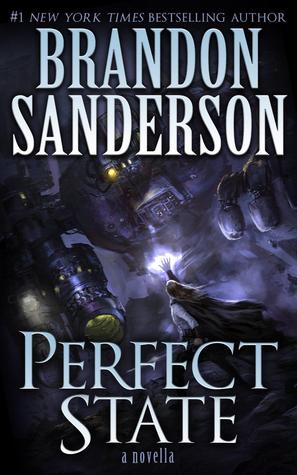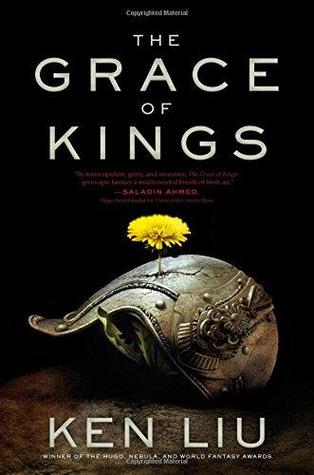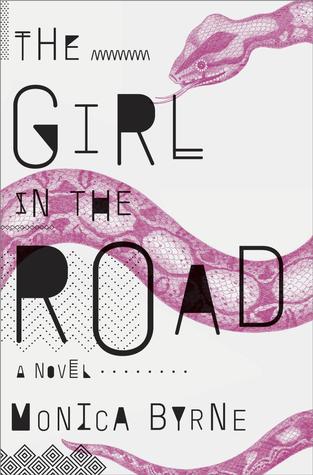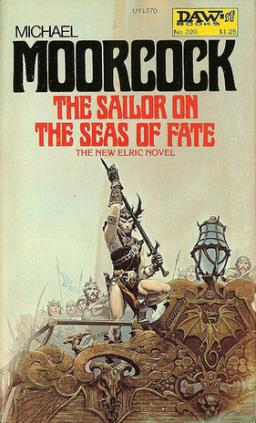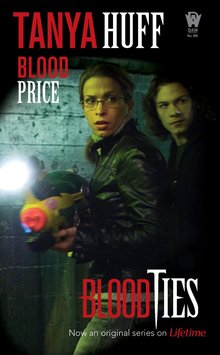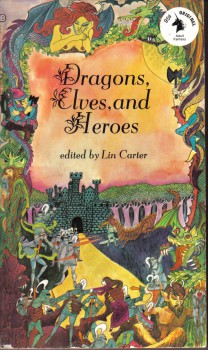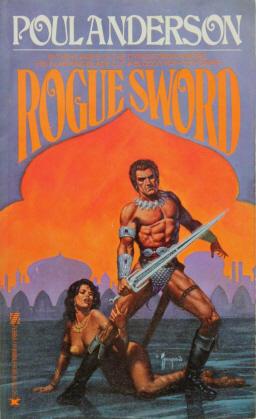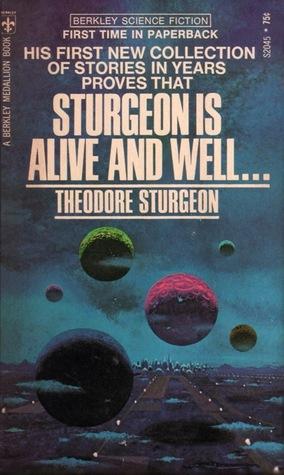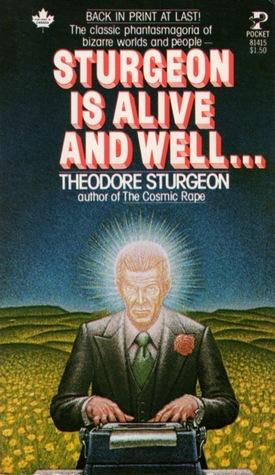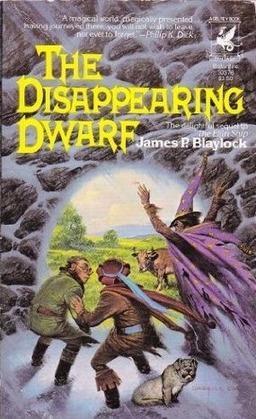 Published in 1983, The Disappearing Dwarf is James P. Blaylock’s second novel, the sequel to his first, The Elfin Ship. Along with The Stone Giant (1989) they form the Balumnia Trilogy. If you have any love for Kenneth Grahame’s The Wind in the Willows, or mouth watering descriptions of all sorts of food and drink, then these books are for you.
Published in 1983, The Disappearing Dwarf is James P. Blaylock’s second novel, the sequel to his first, The Elfin Ship. Along with The Stone Giant (1989) they form the Balumnia Trilogy. If you have any love for Kenneth Grahame’s The Wind in the Willows, or mouth watering descriptions of all sorts of food and drink, then these books are for you.
The Elfin Ship (reviewed here last year) is filled with constant comical digressions and expends pages on delightful, superfluous details. It’s filled with oddball characters and deliriously silly escapades. The plot is wonderfully complicated. The Disappearing Dwarf has all of those things — save the plot. It’s not that it doesn’t have a plot, it’s just not much of one.
Bored with his new life as man of leisure (allowed by the success of his travels in the previous volume), Jonathan Bing, master cheesemaker, agrees to take a trip down the Oriel River with Professor Wurzle to explore the abandoned castle of their foe, Selznak the dwarf. The castle, they quickly learn, is not empty — and definitely not safe.
From there they meet Miles (pronounce Meelays), the Magician who is hunting Selznak. He tells them that their old nemesis has reappeared, and is certainly up to no good. The magician suspects the dwarf is looking to steal a great magical orb from their friend, Squire Myrkle. Upon reaching the squire’s estate, they discover that he has vanished through a magical door that appeared in his library. The next thing we know, Jonathan, the Professor, and Miles (along with Ahab the dog), are back on board the elfin airship and headed for a doorway to the parallel world, Balumnia.
Narrative drive is nearly absent in The Disappearing Dwarf. Jonathan’s goals switch from one thing to another several times throughout the book. The adventurers spend much of the book traveling from one place to another without ever really knowing what they’re trying to achieve, other than their rather vague plan to find the squire before he falls into Selznak’s clutches. Balumnia has its own villain, a mysterious figure called Sikorsky, but as with the rest of the characters, we never get a clear sight of him or what he’s actually up to. Several characters fade away. One vanishes only to suddenly reappear with little explanation. The book moves haphazardly from one incident to another. Fortunately, most of those incidents are terrific fun.
…
Read More Read More
